Wearing a gray jacket and escorted by prison officers, 77-year-old pro-democracy publisher Jimmy Lai entered a Hong Kong courtroom on Wednesday, smiling and waving to supporters. For his son, Sebastien Lai, following the proceedings from Washington, it was a bittersweet moment—a rare glimpse of his father, whose physical health has deteriorated after nearly four years in solitary confinement.
Despite visible signs of his health struggles, Sebastien told reporters, “His spirit is holding strong. His mind is holding strong.”
A Symbol of Press Freedom
Jimmy Lai’s testimony marked his first appearance in the ongoing trial that began nearly a year ago. Charged with collusion with foreign forces and sedition under Beijing’s controversial national security law, Lai faces a potential life sentence if convicted. Rights groups and foreign governments have condemned the case as politically motivated, while Hong Kong officials maintain the trial adheres to the rule of law.
In court, Lai reflected on his journey as a media pioneer. He founded Apple Daily in 1995, a newspaper that championed the values of democracy, freedom of speech, and the rule of law. The publication was forced to shut down in 2021 after a crackdown that included the jailing of its staff, freezing of assets, and office raids.
Lai defended his work, stating, “I decided to get into the media business to participate in delivering information, which is delivering freedom. The more information you have, the more you’re free.”
He denied allegations of advocating for Hong Kong independence or using foreign contacts to influence policies against Hong Kong or Beijing. Instead, he highlighted his opposition to violence and reiterated the core values of Apple Daily, which he said aligned with the aspirations of Hong Kong’s people.
A Decline in Civil Liberties
Lai’s trial has become a symbol of Hong Kong’s eroding freedoms under Beijing’s 2020 national security law. According to Caoilfhionn Gallagher KC, the head of Lai’s international legal team, “Jimmy Lai is on trial in Hong Kong, but journalism is on trial in Hong Kong, too.”
The national security law has led to a sharp decline in press freedom and broader civil liberties. Earlier this year, Hong Kong introduced a new law, Article 23, which rights experts warn could further restrict freedoms. Recent months have seen dozens of pro-democracy activists and journalists imprisoned under sedition and security charges, cementing concerns over the city’s authoritarian shift.
Diplomatic Efforts for Freedom
Sebastien Lai has been advocating for his father’s release, urging international governments to apply diplomatic pressure. Gallagher emphasized the importance of creative solutions, citing the August prisoner swap between the U.S. and Russia that included the release of two detained journalists.
“Diplomatic pressure and political will can achieve what seems impossible,” Gallagher said.
Sebastien remains “cautiously optimistic” about his father’s freedom, expressing pride in Lai’s unwavering commitment to his principles. “He knows he’s doing the right thing,” Sebastien said, even as the trial stretches into 2025.
A Broader Message
Lai’s plight underscores the broader crackdown on dissent in Hong Kong, where over 1,900 political prisoners are currently detained. Gallagher described the case as a chilling warning to anyone in Hong Kong who dares to speak out against Beijing or the local administration.
As Jimmy Lai continues his fight in the courtroom, his case has become a stark reminder of the cost of defending freedom in an increasingly repressive environment.

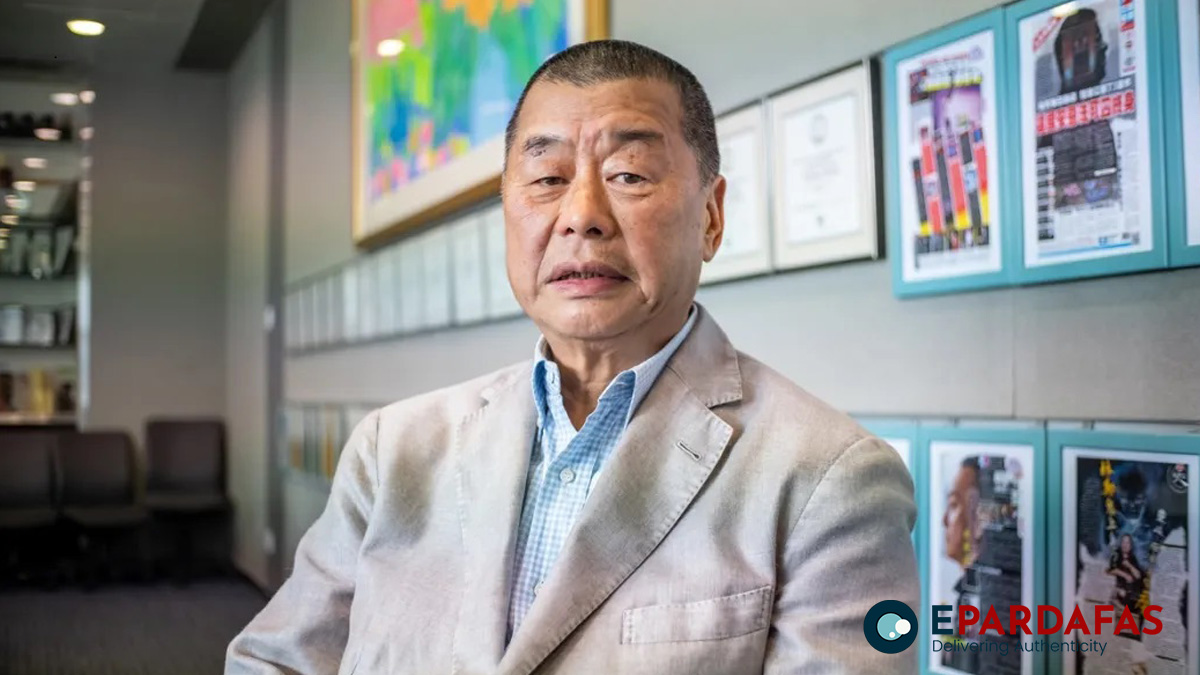
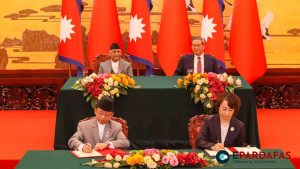
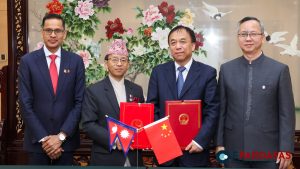
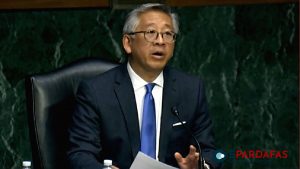
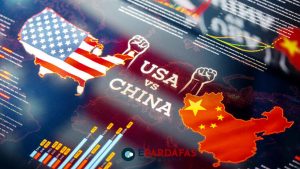
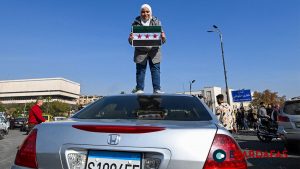
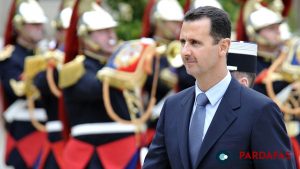
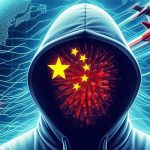

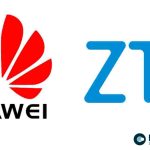

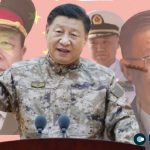
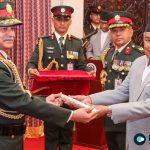
Comments